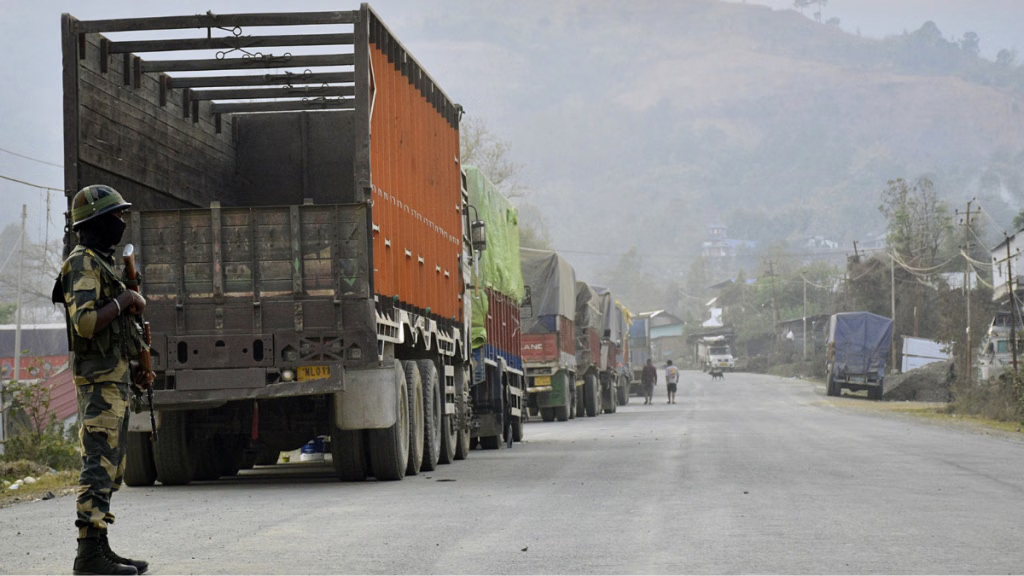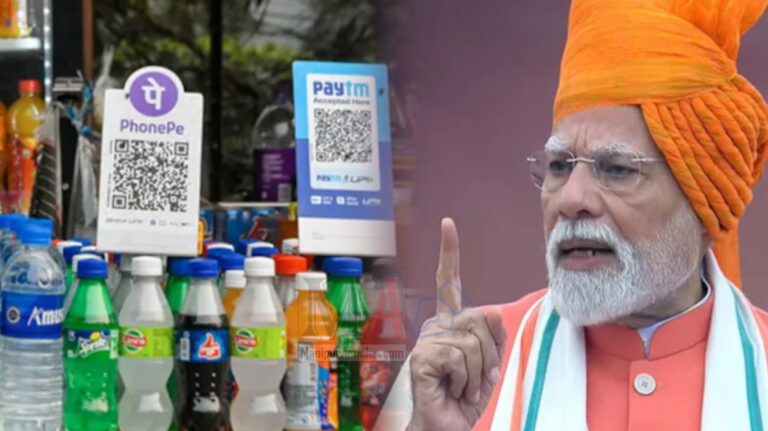Manipur: Kuki Group Rejects MHA Deal to Open NH-02 — Why the VVCC Calls It “Null and Void”
The Village Volunteers Coordinating Committee (VVCC), a Kuki-Zo community outfit, has publicly rejected the Ministry of Home Affairs’ announcement that the Kuki-Zo Council (KZC) agreed to reopen National Highway-02 (NH-02) in return for an extension of the Suspension of Operations (SoO) pact. The VVCC says the decision was taken unilaterally without consulting the broader Kuki-Zo population, declared the MHA-KZC deal “null and void,” and announced a boycott of the KZC — while reiterating that there should be no free movement of Meitei people in Kuki-Zo territories unless a de-jure separate administrative arrangement for Kuki-Zo people is implemented. The MHA/PIB press note had described the reopening and the revised SoO terms as a tripartite outcome; VVCC’s refusal highlights how fragile, contested and locally sensitive every step in Manipur’s peace process remains.
Within a day, a vocal Kuki-Zo constituency — the Village Volunteers Coordinating Committee (VVCC) — publicly denounced the announcement. They said the MHA/KZC decision was taken without consultation of the people actually living in the affected hill areas, declared the move “null and void,” and said they would boycott the KZC unless the KZC withdrew the decision. The VVCC further reiterated that free movement of Meitei people within Kuki-Zo territories would not be permitted until the government implemented a de-jure separate administrative arrangement for the Kuki-Zo population.
What the MHA’s PIB release actually promised (key points)
The PIB note listed several headline items agreed in the talks:
- The Kuki-Zo Council decided to open NH-02 for free movement of commuters and essential goods, committing to cooperate with security forces to maintain peace along the route.
- A tripartite SoO (Government of India, Government of Manipur, and Kuki armed umbrellas like KNO and UPF) was signed for one year, with “re-negotiated ground rules.”
- The ground rules reiterated Manipur’s territorial integrity, required the relocation of several designated camps away from vulnerable areas, called for reduction in number of designated camps, relocation of weapons to nearest CRPF/BSF camps, and physical verification of cadres to delist any foreign nationals, if found.
From Delhi’s perspective, these are concrete confidence-building steps: move camps, secure weapons, let traffic flow. From communities’ perspectives, they are steps that must be matched with compensation, restitution, security guarantees, and — for some — structural political recognition (like an administrative arrangement).
5 FAQs
Q1: Did the Kuki-Zo Council (KZC) actually agree to open NH-02?
A: The Union Home Ministry’s PIB release says the KZC decided to open NH-02 and that a tripartite SoO agreement was signed with re-negotiated ground rules. However, the decision was immediately rejected by the Village Volunteers Coordinating Committee (VVCC), which claims it was made without consulting ground-level stakeholders.
Q2: Who are the VVCC and why do they matter?
A: The VVCC is a Kuki-Zo volunteer coordination body representing local village volunteers and constituencies in hill areas; their buy-in matters because they claim to represent people who will live with the on-the-ground consequences of any movement or administrative change. Their rejection challenges the legitimacy of the KZC decision.
Q3: What did the revised SoO terms include?
A: According to the PIB release, the revised ground rules reiterated the territorial integrity of Manipur, required relocation of specified camps, reduction in the number of camps, relocation of weapons to nearest CRPF/BSF camps, and physical verification of cadres to delist any foreign nationals if found.
Q4: Could the highway reopening be enforced despite the VVCC’s rejection?
A: Technically the state or centre can try to implement the reopening, but enforcing it over determined local resistance risks clashes, blockades, and further instability. The safer route is to pause and consult so implementation proceeds with local consent.
Q5: What would credible follow-through look like from Delhi?
A: Credible follow-through would include immediate village-level consultations, transparent timelines for camp relocation and weapons verification, local monitoring committees with VVCC representation, quick livelihood and restitution measures, and clear security guarantees to prevent harassment or abuse of movement rights.




